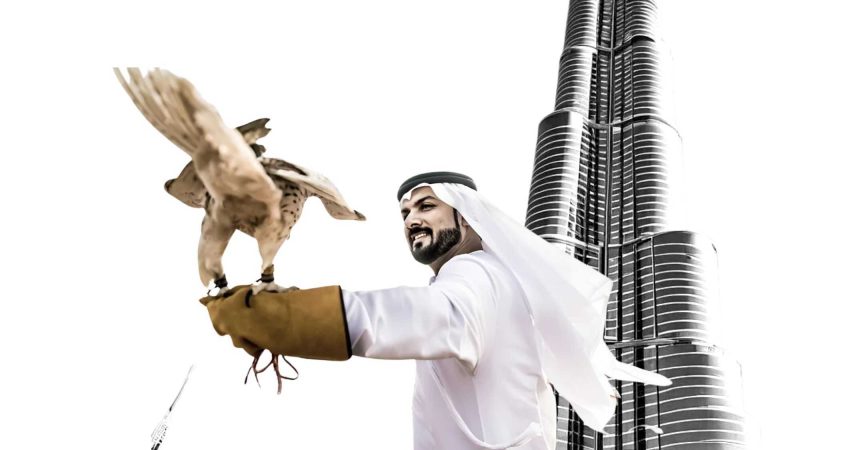Exploring UAE Culture and Traditions
Understanding UAE culture and traditions is essential for anyone visiting or doing business in the Emirates.
As these elements shape daily life, social interactions, and the country’s global reputation.
The UAE is a country with a unique blend of modern innovation and deeply rooted traditions.
Despite its rapid development, the UAE has preserved its cultural identity, which is a mix of Islamic values, Bedouin heritage, and influences from its rich history as a trading hub.
Key Details About the UAE Culture and Traditions:
Religion: The Heart of UAE Culture
Islam plays a central role in the UAE culture.
It is not only the official religion but also a major influence on laws, customs, and everyday life.
Mosques are prevalent throughout the country, with calls to prayer heard five times a day.
The holy month of (Ramadan) is particularly significant, marked by fasting, charity, and community activities.
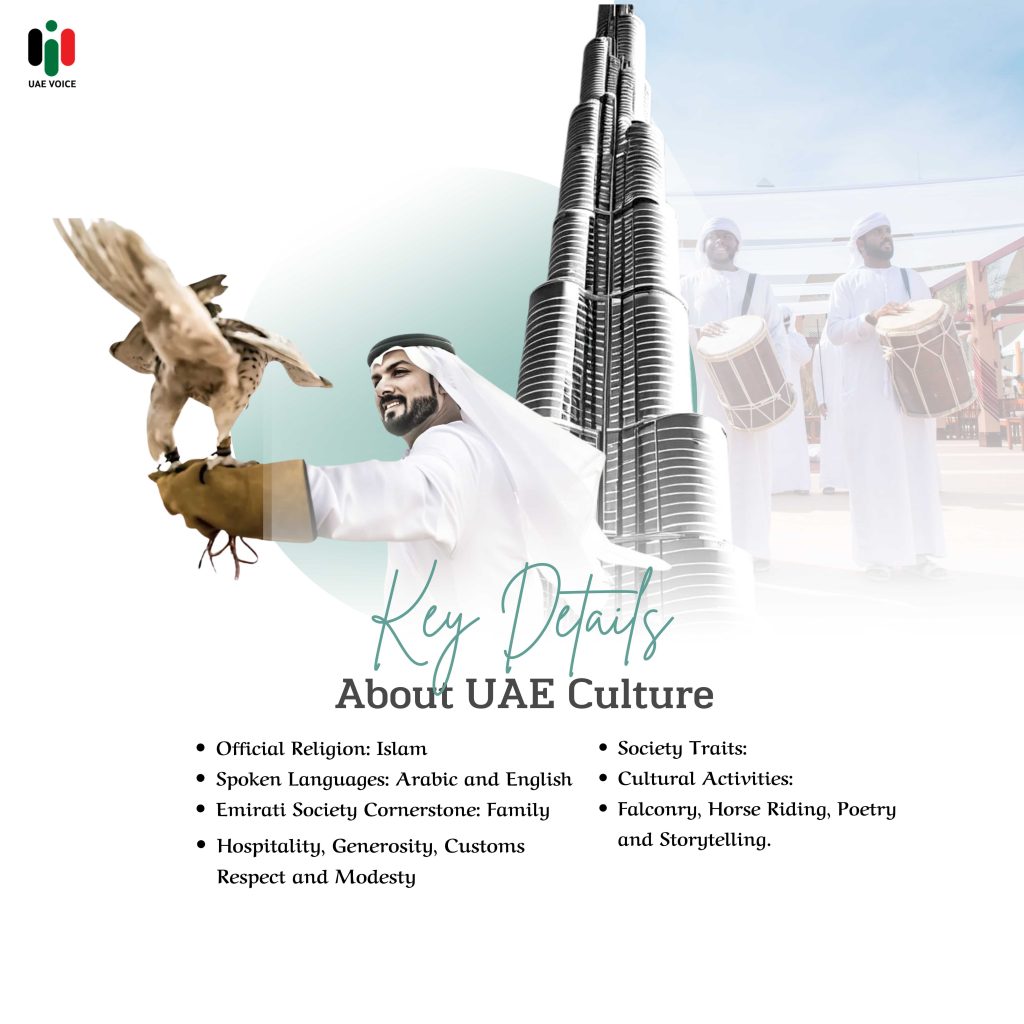
Language: Arabic and English in the UAE
Arabic is the official language of the UAE, but English is widely spoken.
Making communication easy for international visitors and expatriates.
While Arabic is used in official settings, English dominates business, tourism, and everyday interactions.
Reflecting the UAE’s diverse population.
The Importance of Family in UAE Culture and Traditions
In fact, family is the cornerstone of Emirati society.
Elders respect and family ties are fundamental values in the UAE.
Extended families often live close together, and gatherings with family members are a regular part of social life.
The generosity and hospitality, particularly towards guests, are key aspects of Emirati culture.
Visitors to an Emirati home are often greeted with traditional Gahwa (Arabic coffee) and dates, a sign of the warmth and welcoming nature of Emiratis.
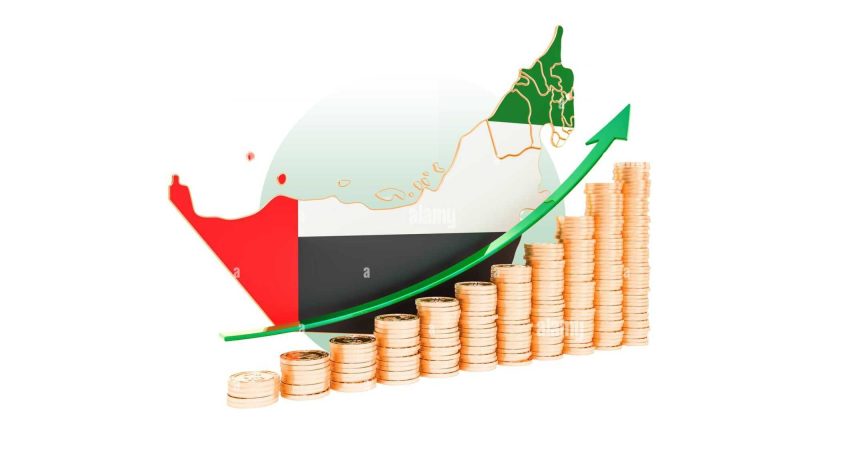
Traditional Clothing in the UAE
Emiratis take great pride in their traditional clothing, which reflects their Islamic values of modesty:
- For men, the traditional kandura or dishdasha is a long white robe, paired with a ghutra (headscarf) secured with a black cord called the agal.
- For women, the abaya is a long black cloak worn over everyday clothes, paired with a headscarf known as the shayla.
These garments are not only culturally significant but also practical, offering protection from the heat.
Emirati Cuisine: A Taste of Tradition
Emirati cuisine is rich and diverse, often based on traditional ingredients.
Such as rice, dates, lamb, and seafood.
Some of the most popular dishes include:
- Machboos: A flavorful spiced rice dish with meat or fish.
- Harees: A slow-cooked dish of wheat and meat, often served during Ramadan.
- Luqaimat: Sweet dumplings drizzled with date syrup, a favorite dessert.
Meals are often enjoyed in a communal setting, reflecting the UAE’s emphasis on family and togetherness.
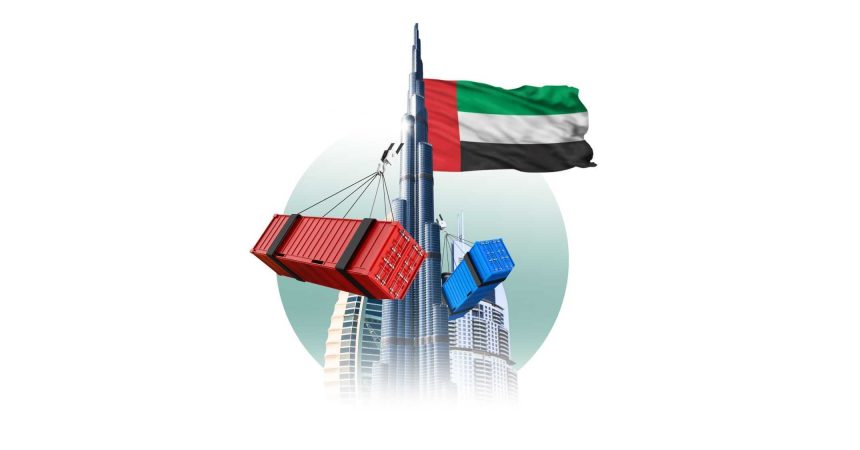
Architecture: A Blend of Tradition and Modernity
Traditional Emirati architecture, such as Barasti (palm frond houses) and coral stone homes, is still evident in some areas.
Though modern skyscrapers now define the skylines of cities like Dubai and Abu Dhabi.
Wind towers, or barjeel, were an early form of natural air conditioning used in traditional homes.
Today, this blend of old and new architecture showcases the UAE’s respect for its heritage while embracing the future.
Festivals and Celebrations in the UAE
The UAE celebrates several important Islamic and national holidays:
- Eid al-Fitr and Eid al-Adha are the most significant religious holidays.
Celebrated with prayers, family gatherings, and charitable acts. - UAE National Day on December 2 marks the formation of the United Arab Emirates in 1971.
It is celebrated with fireworks, parades, and cultural events.
These festivals highlight the importance of faith, unity, and family in Emirati life.
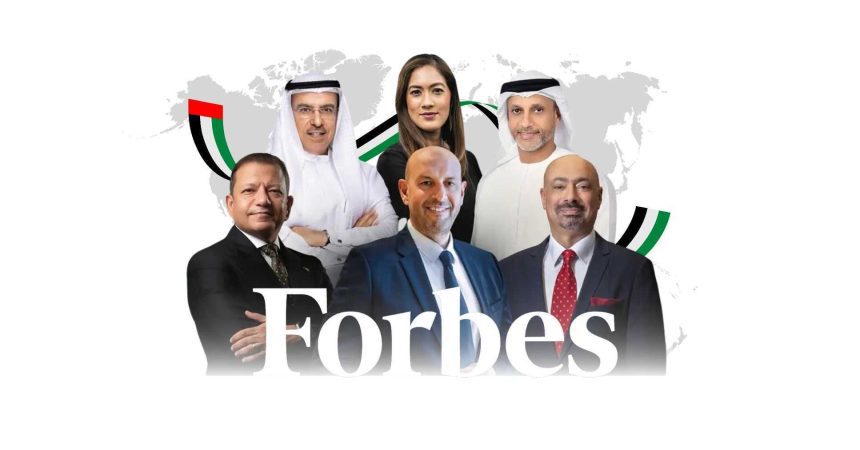
Falconry and Horse Riding: Symbols of Emirati Heritage
Falconry is an ancient tradition in the UAE.
It symbolizes strength, patience, and a deep connection with nature.
It is a popular hobby among Emiratis, and the country is home to several falconry schools and competitions.
In addition to horse riding that particularly involves Arabian horses.
It is deeply rooted in the UAE’s history and remains an important part of its cultural identity.
Poetry and Storytelling: The Soul of Emirati Culture
Emirati culture has a strong oral tradition, particularly in the form of poetry.
Nabati poetry is an ancient form of verse.
It has been used for centuries to express emotions, social issues, and stories of the past.
Storytelling remains an integral part of Emirati life, especially tales that has passed down through generations.
The community campaign “UAE with you Lebanon” has collected more than AED 110 million during its first week of launch to support the urgent Emirati humanitarian efforts to provide medical supplies, food and shelter requirements in support of the UAE community for our Lebanese… pic.twitter.com/WOvLxtbe1t
— UAE Voice (@uae_voiceeng) October 15, 2024
Al-Majlis: A Place of Hospitality and Discussion
Al-Majlis is a traditional gathering place where important discussions take place.
Leaders, community members, and family members use the Majlis to address social and political issues, as well as to socialize.
It is a symbol of hospitality and open dialogue, key values in Emirati culture.
Modernity Meets Tradition
The UAE maintains a strong connection to its cultural roots.
Even it is known for its modern skyscrapers, luxury shopping, and futuristic architecture.
Traditions such as pearl diving, which once drove the local economy, are now part of the country’s rich heritage.
The UAE has also led global initiatives, such as the Abraham Accords, to foster peace and diplomacy while upholding its identity.
UAE Culture and Traditions Merging with Rapid Modernization
The UAE’s unique culture is a rich tapestry of Islamic values, Bedouin traditions, and modern influences.
The UAE continues to honor its heritage through traditional practices, celebrations, and a deep commitment to family and hospitality.
While embracing rapid modernization.
Visitors of the UAE will find a country that is not only a hub of innovation but also a place where ancient traditions are alive and celebrated.
By understanding and respecting these cultural elements, one can truly appreciate the beauty and complexity of life in the UAE.
Whether it’s enjoying Emirati hospitality, exploring traditional architecture, or celebrating alongside locals during festivals, the UAE offers a cultural experience unlike any other.


